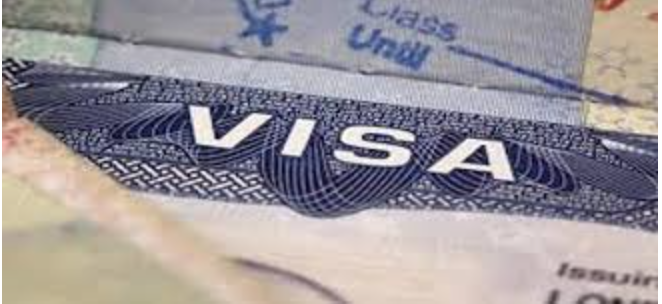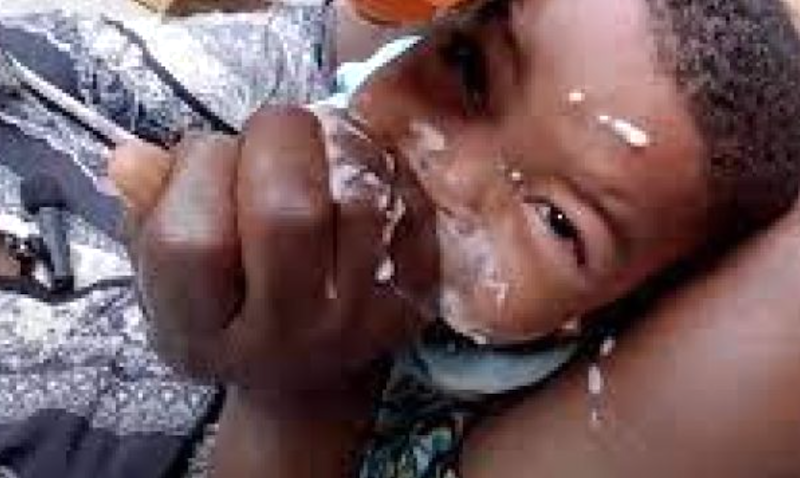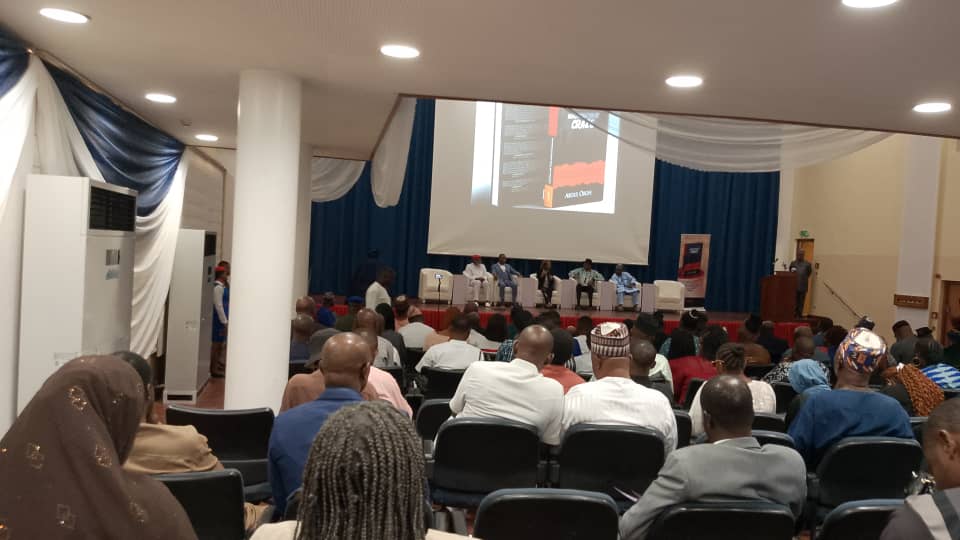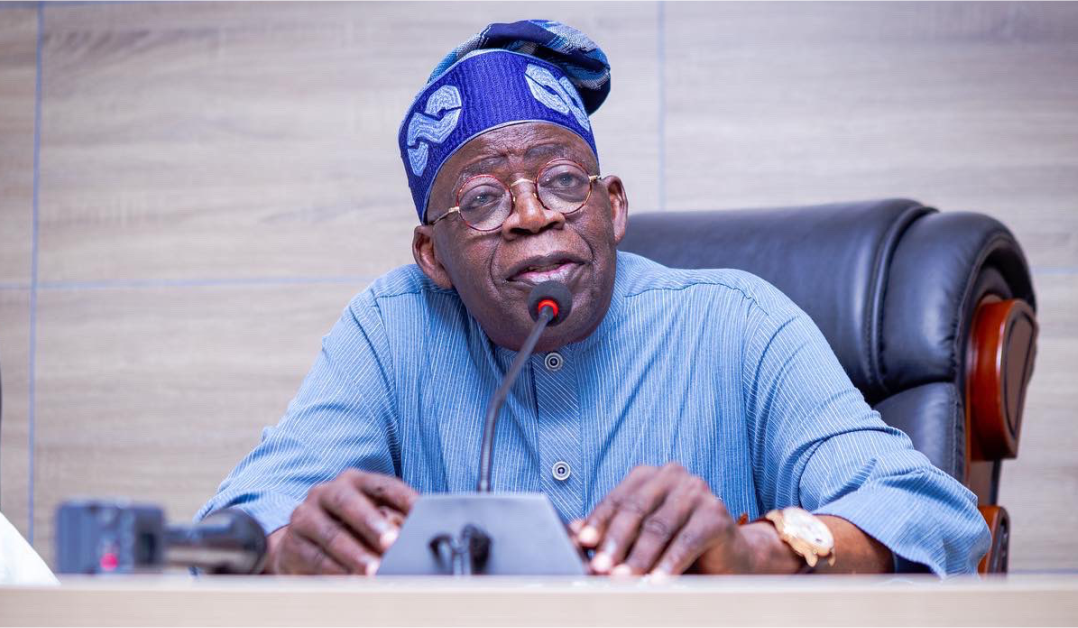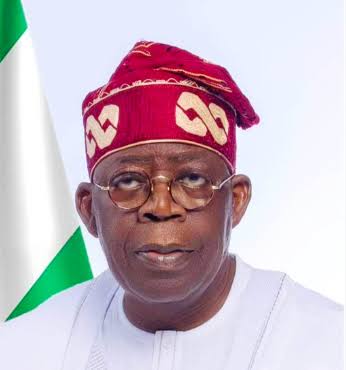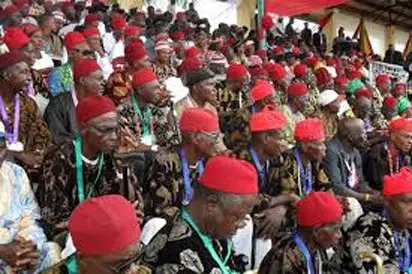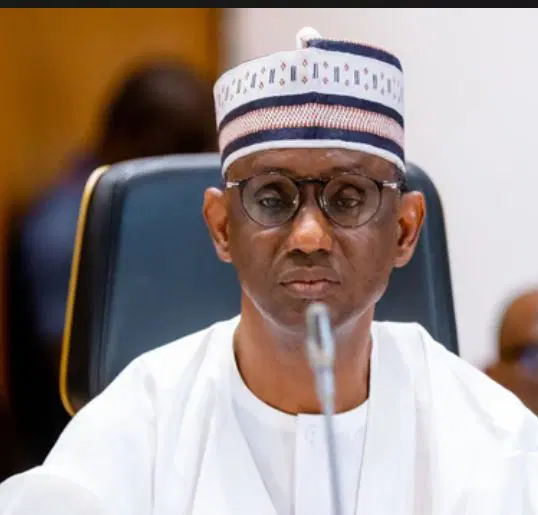Two years can feel both fleeting and painfully long in Nigeria. Seven hundred and thirty dawns have rolled across the savannah, the creeks, and the sprawling megacities since the last electoral hoopla promised a national rebirth. We now stand midway between ballots, yet conversation in Abuja’s corridors is drifting toward 2027 slogans when democracy must earn its keep in the seasons between elections. The urgency of the next campaign should be postponed until we have addressed the daily audits posed by breadwinners, commuters, farmers, and students who have lived through every one of those 730 days.
This daily audit includes answers to the following questions: Are Nigerians better off now than they were in 2023? Is the economy better off now than in 2023? Has there been a measurable decrease in terrorism, kidnapping and violent crime rates since 2023? Are we better off with electric power today than we were in 2023? Do Nigerians have access to more and better food than they did in 2023? Are Nigerians more united today than they were two years ago? Are more resources being allocated to local and state governments today, and how does this affect development at those levels? Do more Nigerians have access to quality education and healthcare today? Has corruption been reduced? Are laws applied equally to all citizens, including government officials? Until those who occupy offices sincerely answer these questions – we cannot talk about progress. These are not just statistics, but the daily realities of the average Nigerian.
Let’s start with the matter of feeling safe. Guns have fallen silent in a few long-suffering districts while new flashpoints have erupted elsewhere. One can cite downward-trending incident charts in Zamfara or Katsina but also point to the resurgence of mass kidnappings on the Abuja–Kaduna axis and plateau –Benue axis. According to data from SBM Intelligence, Nigeria recorded over 3,600 abductions between May 2023 and April 2025, with the North-West and North-Central zones remaining the most affected.
Yet, in areas like Borno and Yobe, incidents of Boko Haram violence have significantly decreased, thanks in part to renewed counter-insurgency strategies and regional collaborations under the Multinational Joint Task Force. The grandmother who now sleeps with both eyes shut in her Borno village may indeed feel progress, but the family still cobbling together ransom money in the South-East wonders what “progress” means. Safety is ultimately measured in the heartbeat that no longer races when dusk approaches.
Electricity tells its own story. Nigeria’s grid capacity currently hovers between 4,500 to 5,000 megawatts on most days, barely improving from the 4,000 MW average of 2023. Yet, despite promises of improved power supply, the country experienced no fewer than seven national grid collapses between May2023 and May 2024. Diesel now sells for over ₦1,500 per litre, up from about ₦850 in early 2023, making self-generation increasingly unaffordable.
Mini-grid interventions, particularly solar installations supported by the Rural Electrification Agency, have provided stable electricity to over 500,000 households in underserved areas, including Ogun, Nasarawa, and parts of the Northeast. But in most urban neighbourhoods, the hum of private generators remains the national anthem after sunset. Reliable power, ultimately, is best expressed not in megawatts but in refrigerators that stay cold and homework that is finished beneath a steady light bulb.
In the fight against corruption, promise and disillusion continue their tug-of-war. Televised arrests of “big men” in the government’s early months suggested no one was untouchable, but the glow dimmed as plea bargains and closed-door settlements multiplied. Anti-graft agencies complain about thin budgets while lawmakers debate fresh immunity clauses. The Economic and Financial Crimes Commission (EFCC) reported 4,111 convictions in 2024, a record number. High-profile cases, including those involving former governors and serving senators, were reopened; however, many ultimately ended in plea bargains or were delayed in court.
In October 2023, President Tinubu suspended the EFCC chairman over allegations of misconduct—an irony not lost on citizens who hoped for a cleaner era. Justice is less about dramatic arrests than about quiet transparency: a national procurement database that tracks every public contract or a judiciary that concludes cases in months, not decades. Until the law holds the powerful to the same standard, each new anti-corruption czar will appear like the latest actor in an overplayed drama.
Macroeconomic statistics paint a fractured portrait. While Nigeria’s GDP grew at 2.98% in Q1 2024, inflation climbed to 33.69% in April 2025, its highest in nearly three decades. The naira has depreciated by over 65% since the removal of fuel subsidies and the unification of the exchange rate. In 2023, a 50kg bag of rice sold for ₦35,000; in 2025, it hovers at around ₦75,000, and the arithmetic is merciless: a salary that rises by ten per cent in a year of thirty-per cent inflation is a pay cut in disguise.
The National Bureau of Statistics (NBS) reports that over 63% of Nigerians are now multidimensionally poor, with inflation eroding the purchasing power of even those who are formally employed. Policymakers celebrate tech unicorns and export growth in non-oil sectors, such as sesame and cocoa, yet market women judge the economy by the cost of Koko and Kosai, Garri and palm oil. Aneconomy “on paper” does not cook Ogbono soup.
Still, some green shoots poke through the cracked soil. Fintech and creative industries continue to prove that young Nigerians, when not hamstrung by policy miscues, can compete far beyond their borders. The creative economy continues to soar, with Afrobeats grossing over $1 billion globally in 2024 and Nollywood titles featured on international platforms like Netflix and Amazon Prime. Nigeria’s tech sector attracted over $1.3 billion in foreign investment in 2023 alone, with hubs in Lagos, Abuja, Enugu and Port Harcourt producing fintech solutions that serve millions across Africa.
In agriculture, agricultural technology outfits are making incremental gains in yield, and programmes like the National Agricultural Growth Scheme (NAGS) have distributed inputs to over 1.2 million smallholder farmers. However, insecurity and climate variability have stunted large-scale productivity. Food remains both sustenance and mirror: when conflict empties farms, and climate change scrambles rainy seasons, a plate of cookedrice becomes a fragile triumph.
Decentralisation ought to bring the state closer to its citizens. Following fuel subsidy reforms, monthly FAAC allocations to states have increased by over 60% between mid-2023 and early 2025. Yet many state governments have not translated this windfall into visible improvements. For example, Niger, Enugu and Kaduna states have begun investing in technical education and road infrastructure, but local government transparency remains weak. Roads, water schemes and primary-care clinics ought to blossom in tandem, yet potholes and abandoned projects remain stubborn. Money arrives in capitals more reliably than it reaches ward level, where a broken borehole means girls trekking for hours to fetch water. The grassroots will remain neglected until public finance is matched with public accountability.
Healthcare and education—the twin pillars of human capital—show modest but inconsistent progress. New primary health centres have opened, but many lack essential resources, such as drugs and nurses. The National Health Insurance Authority now allows mobile phone enrolment; however, uptake is sluggish among informal-sector workers who recall earlier deductions vanishing into bureaucracy. The National Health Insurance Authority (NHIA) expanded enrolment to over 15 million Nigerians in 2024; however, out-of-pocket health expenditure still accounts for more than 70% of total healthcare costs.
In education, initiatives like the Safe Schools Programme have secured some learning environments, but basic literacy remains alarmingly low, especially in the Northeast, where only 27% of children aged 6–11 attend school regularly. While state-level reforms in places like Ebonyi and Enugu have delivered model schools and digital classrooms, the national picture remains one of inequality and underfunding. Two years is too short to erase decades of neglect, but it is long enough to show whether reform is sprinting or simply strolling. The good news is that the Minister of Education, Dr. Morufu Olatunji Alausa, and the Minister of Health, Dr. Muhammad Ali Pate, have demonstrated creativity and leadership in turning around these sectors in Nigeria.
Social cohesion, always fragile, continues to teeter on the edge. Ethnic tension flared during the 2023 off-cycle elections in Kogi and Bayelsa while hate speech and disinformation proliferated across social media platforms. However, shared national moments—such as the Super Falcons’ exploits at the 2023 FIFA Women’s World Cup and global acclaim for Nigerian creatives—continue to offer flickers of unity. The federal character principle remains contentious as calls grow louder for restructuring and a rotational presidency. Unity cannot be decreed; it is cultivated by fairness perceived, and fairness experienced.
As for the democracy dividend, surveys by NOI Polls show that while 57% of Nigerians still believe in democracy as the best form of government, only 21% say it is delivering real economic improvement. Voters who queued in the sun in 2023 were not asking for utopia; they were asking for water that runs, roads that last, jobs that pay, and leaders who listen. If those basics remain aspirations in 2025, then democracy’s moral account is deeply overdrawn.
Politics loves horizons; governance must love the now. Every glowing statistic deployed at a press conference will be interrogated by the aroma in a market woman’s pot and the hum—or hush—of a factory line. The following 730 days, before the ballot, are not for campaign rehearsal but for rigorous implementation and a shrinking window to make today visibly better than yesterday. Genuine wins deserve applause. Glaring gaps demand humility. What matters now is the quiet grind of delivery—measurable, consistent, and ruthless in execution. Only then will talk of 2027 feel like anticipation and not escapism — another escape from the realities of 2025. The issues raised here will define 2027.
